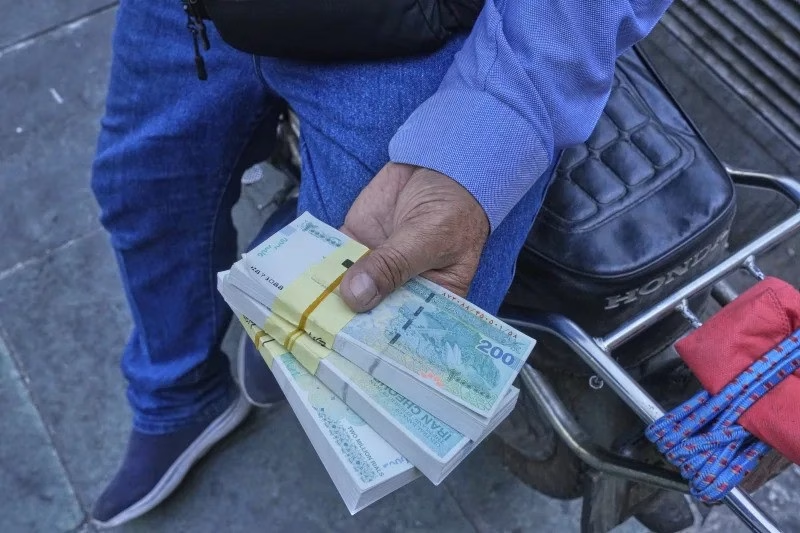UK, France and Germany have formally initiated the process of reimposing United Nations sanctions on Iran, citing Tehran’s failure to comply with the 2015 nuclear agreement.
The step activates the “snapback” provision of the accord, which could see sanctions automatically restored within 30 days unless the UN Security Council votes to extend sanctions relief.
In a letter to the council on Thursday, the three nations, known as E3, accused Iran of “clear and deliberate” violations of its commitments. They said Tehran’s stockpiling of highly enriched uranium had “no civilian justification” and posed “a threat to international peace and security.”
Iran’s foreign ministry rejected the move, arguing that E3 had “no legal jurisdiction” to revive sanctions and warning that it would take “appropriate responses.” Tehran said the decision would undermine cooperation with the International Atomic Energy Agency (IAEA) and called it “provocative and unnecessary.”
Iran’s foreign minister, in a separate letter to the EU’s foreign policy chief, said the country remained open to “fair and balanced” negotiations if other parties demonstrated “seriousness and goodwill.” Both Russia and China have backed Iran’s position.
British Foreign Secretary David Lammy said Iran had been offered an extension of sanctions relief if it met certain conditions but “made no substantive effort” to comply. US also welcomed the snapback move, saying it would work with E3 while remaining open to direct talks with Iran.
The 2015 agreement, signed by Iran, US, UK, France, Germany, China and EU, lifted long-standing sanctions in return for limits on Iran’s nuclear programme. The deal collapsed after US President Donald Trump withdrew in 2018 and reimposed sanctions. In response, Iran expanded its nuclear activities, escalating tensions that continue today.


